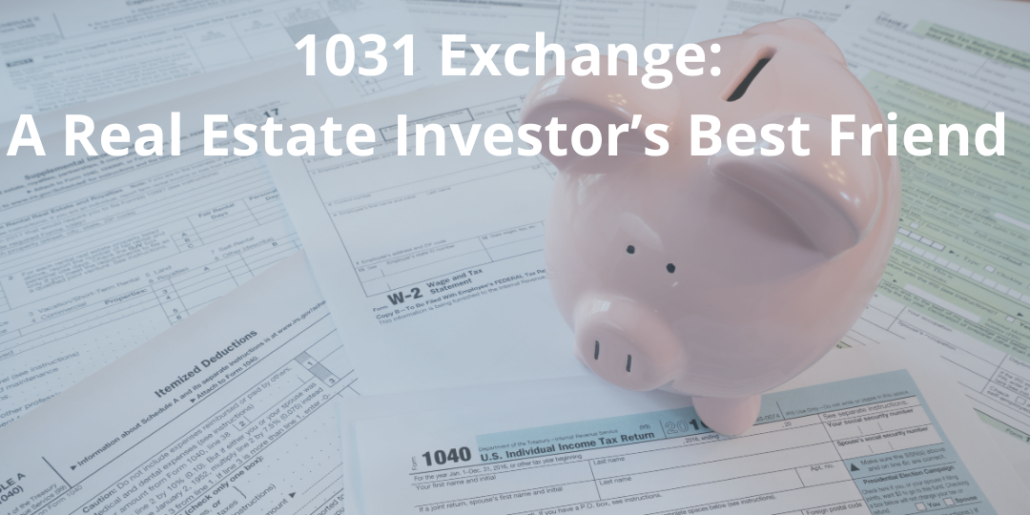Additional Requirements for the Sale of Multi-Units
Additional Requirements for the Sale of Multi-Units
Chicago’s Northwest Housing Preservation Ordinance
What are the new requirements?
- The Chicago City Council passed an ordinance that imposes additional requirements on
sellers of rental property. Before accepting an offer for purchase, the seller of a rental
property must now provide notice of sale to tenants in the property to allow them to
practice the right of first refusal, which means that the tenants will have the opportunity
to match the offer for purchase (known as the right of first refusal).
What area is affected by this requirement?
- The Chicago neighborhoods of Avondale, Hermosa, Humbolt Park, Lower West Side
(Pilsen), West Town, and Logan Square. - Specifically, the boundaries of the Predominance of the Block (606) District, and Pilsen.
Who is affected by this new requirement?
Sellers of any rental real estate property, from single units to multi-unit buildings.
What is the effective date of these new requirements?
- Properties under contract for sale by November 29, 2024, will be exempt from these
requirements. - Properties listed, but not yet under contract by November 29, 2024, will need to provide
tenants with proper notices under section 5-11-060 of the ordinance. 1
What do sellers have to do?
- Sellers of rental real estate property must provide a “notice to sell” to the Department of Housing and to each tenant (or to the tenant association, if any). The notice can be found here.
- Sellers must also post a “notice of intent to sell” at all public entrances to the property. This notice can be found here.
When must sellers provide the notice?
- Sellers of five or more rental units must provide the notice 60 days prior to listing the property for sale.
- Sellers of four or less units must provide the notice 30 days prior to listing the property for sale.
What is the Department of Housing’s contact information?
- Phone: 312-744-3653
- DOH@cityofchicago.org
What happens if a seller of rental property receives an offer for purchase from someone other than the tenant?
- The seller must provide a written notice to the Department of Housing and to each tenant (or to the tenant association, if any). The notice must include a copy of the signed purchase agreement, and must provide details about the property such as the most recent rent roll, list of vacant apartments, income and expense report for the 12 months prior to the notice, as well as other information if required.
- An example of this notice can be found here.
A seller received an offer for purchase from someone else and provided notice to tenants. Now what?
- The seller must give the tenants some time to allow them “the right of first refusal”. The tenants can come back with an offer that is similar to the outside offer.
How much time do the tenants have to practice their right of first refusal?
- 90 days if the property is one with five or more units, or
- 30 days If four or three units, or
- 15 days if one or two units.
Where can I find additional information?
- https://www.chicago.gov/city/en/depts/doh/provdrs/developers/svcs/NWSPreservation.html
- This page will continue to be updated with additional information by November 29, 2024.
Can my attorney help me with meeting these new requirements?
- Yes! If you own a rental property that you wish to sell, please contact us and we will happily assist.

